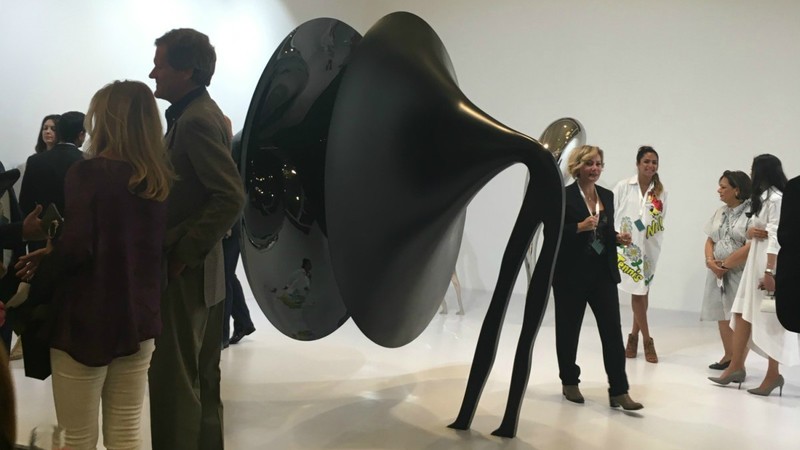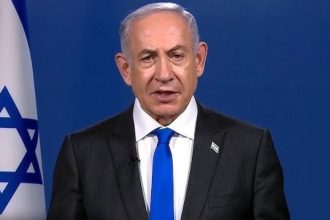The 10th edition of the world-famous “Art Dubai” took place this past weekend,
March 16-19, displaying local and international art spanning 94 galleries from 40 countries. With more than 500 participating artists, galleries from Ghana, Lithuania, Georgia, Oman and Palestine were represented for the first time.
Pakistan was well-represented at Art Dubai with a Terrace Talk titled Focus Pakistan: The Inaugural Lahore Biennial. The talk was also preceded by artist Imran Qureshi being awarded the ArtNow Lifetime Award by Fawzia Naqvi.
Executive Director of the Lahore Biennale Foundation, Qudsia Rahim, began by introducing the basic premise and objectives of the Foundation and the inaugural Biennale scheduled to take place in November 2017.
Having formed two years ago, the Foundation seeks an “engagement with the arts both formally and informally by mobilizing the creative practitioner in socially responsible ways and return empowering the public with the tools to think….” In creating a movement of “collective-minded sensibility,” the Foundation hopes to act as a “facilitator for creative opportunities of research and engagement.”
Introducing artist and curator Rashid Rana as its Creative Director, Hans Ulrich Obrist, co-director of the Serpentine Gallery, London, then conversed with Rana about the Biennale’s creative curatorial process and its challenges.
On how to make this particular Biennale stand out within the calendar of multitudinal biennales taking place all year around, Rana offered one does not have to try too hard, offering the juxtaposition of a “5000 year old chariot” sharing the road with a Mercedes Benz in Lahore, presenting a model of “non-linearity of time.”
The challenge of the Biennale is to create something relevant while not letting itself become a patronizing exercise, creating a public art of sorts, he continues. The hope is to “create a Biennale that is conceptually rich enough, to be part of the discourse.” and yet “relevant to the thousands of inhabitants of Lahore.
It emphasizes the primary curatorial idea to be a discussion formed through workshops, residencies and symposiums so that it is part of a movement rather than one specific end product.
Obrist wondered about the Biennale’s anchorage in the local context, to which Rana expressed his hope to turn the city into a classroom.
They are urging the audience to re-imagine the city of Lahore as the venue itself, instead of a committed space, “a Biennale without walls” literally and figuratively, where all components are spread over the city, weighing the social, cultural, political and economic factors.
Rana also emphasized the premise of the Biennale will be to fill the gap between academia and art from Pakistan while urging artists to challenge the parameters of art, not necessarily inviting people from the visual art identity.
The fair saw well-heeled patrons, art enthusiasts, and schoolchildren engaging with the art. Alongside the fair’s contemporary halls, Art Dubai Modern featured masters from Africa, the Middle East and South Asia, and the Marker program, which turned its focus towards the Philippines, featuring various works from young contemporary artists.
The Global Art Forum thematically pursued “The Future Was” through lively discussions about and imagining new futures. In its 8th year, the Abraaj Group Art Prize was awarded to Basel Abbas and Ruanne Abou-Rahme.
Choosing a platform such as Art Dubai to announce the curator of the Biennale, the Lahore Biennale Foundation is undoubtedly making great strides towards the development and assertion of Pakistan within the global art community. LBF hopes to create and carry forth a conversation about the art process within the Biennale calendar to provide a discursive environment for artists and audiences alike.






